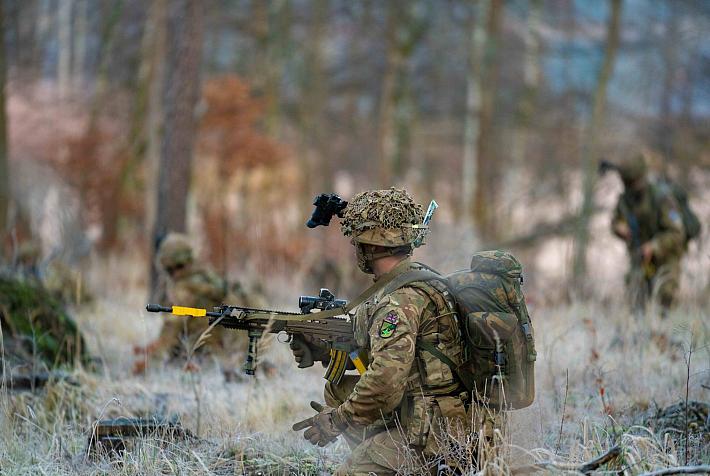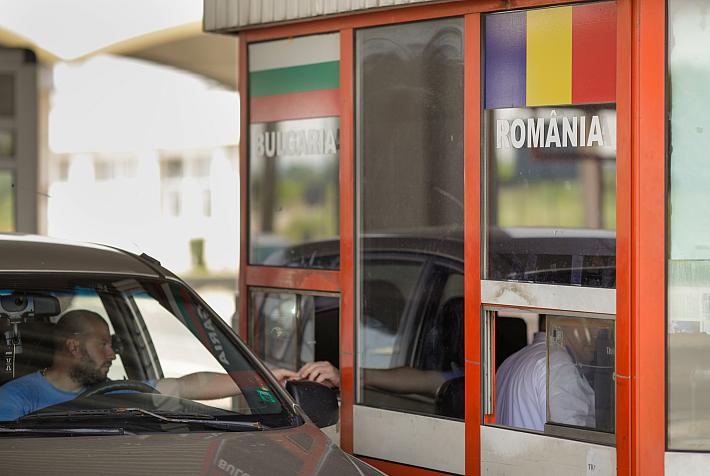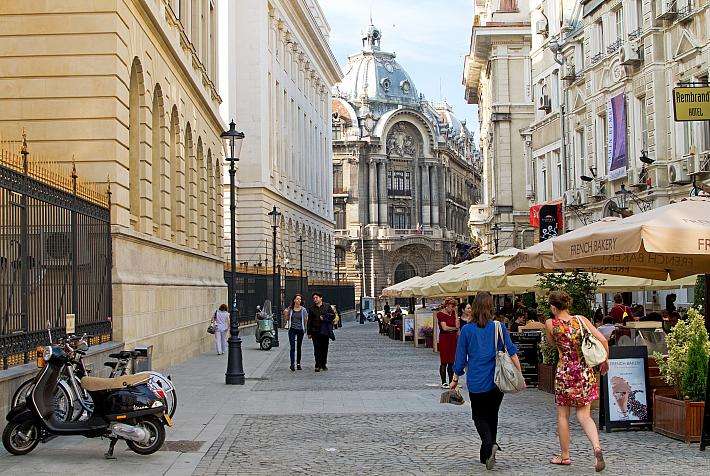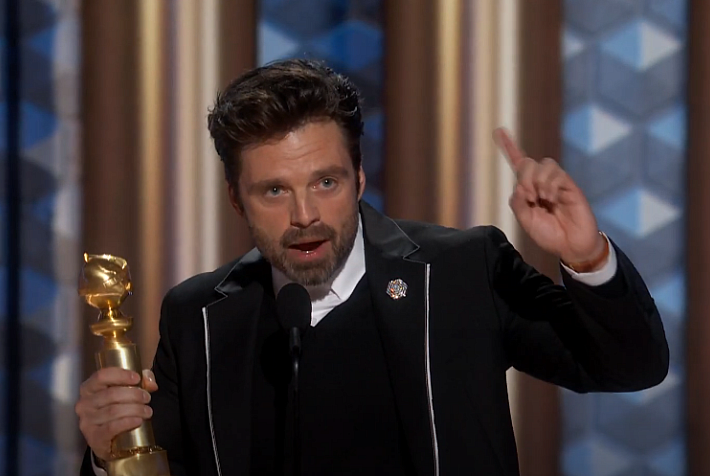Romanian film review – Watch out for the Germans

Every year the Goethe-Institut Bucharest organises the German Film Days(Deutsche Filmtage/Zilele Filmului German). This may not be the most glamorous or best-advertised festival of the season and chances are many missed it, which is a great shame because this year's edition (9 -14 November) was truly intense.
It started on a gentle note with the opening crowd-pleaser Oh Boy, an enjoyable, bittersweet comedy about a young man slouching his way through Berlin and life. The film shows him meeting different people in one day and one night, all affecting his view on the world. It's a touching and gentle portrait of a generation lost in too many choices and the pressure to make it happen. It's also very, very funny at times and Berlin hasn't looked this good on screen in a long time.
The subject matter gained intensity from here on, with such dramatic pics as Die Unsichtbare/Cracks in the Shell, the story of a shy and unremarkable actress landing a challenging role, a German version of Black Swan, if you will, with excellent casting and well-built tension. The demons of the past are well staged in thriller Zwei Leben/Two Lives. Starring no other than wonderful Liv Ullman, the film is an exciting and gripping tale of family secrets going back as far as World War II. The drama of shattering choices made in everyday life is also the focus of Freier Fall/Free Fall, a touching and heartbreaking love story between two young police officers.
The highest degree of passion and (creative) madness was reached in the homage to the collaboration between the legendary director-actor duo Werner Herzog and Klaus Kinski. The prolific cooperation between eccentric,volatile Kinski and the calm, cerebral Herzog is the stuff that cinema legends are made of. Their love-hate relationship is hilariously and touchingly portrayed in the fascinating Herzog's documentary Mein liebster Feind/My Best Fiend. The stories from the set are jaw-droping, including stories from the set of Fitzcarraldo, where Kinski was driven by the extreme shooting conditions in the Peruvian jungle to such bouts of madness and hysteria that apparently the natives offered Herzog to kill him if he continued behaving like a lunatic. Aguirre, der Zorn Gottes/Aguire, the Wrath of God is a mindblowing example of their pitch-perfect chemistry at work. The story of a mad conquistador looking for El Dorado in 16th century South America is perfectly embodied by Kinski's glowing portrayal and Herzog's epic staging. If you haven't watched Aguirre yet, you missed one of the most grandiose, lavish and hallucinatory stories ever put to screen.
The programme had some less exciting entries, like the modest but well-acted Staub auf unseren Herzen/Dust on Our Hearts or the muddled Die Vermissten/Reported Missing but these are small faults in an otherwise impressive selection. Well-done, Goethe Institute. Sehr gut.
By Ioana Moldovan, columnist, ioana.moldovan@romania-insider.com












